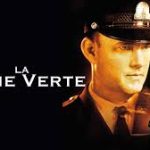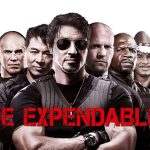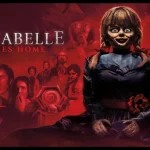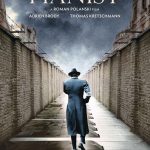War Horse (2011)
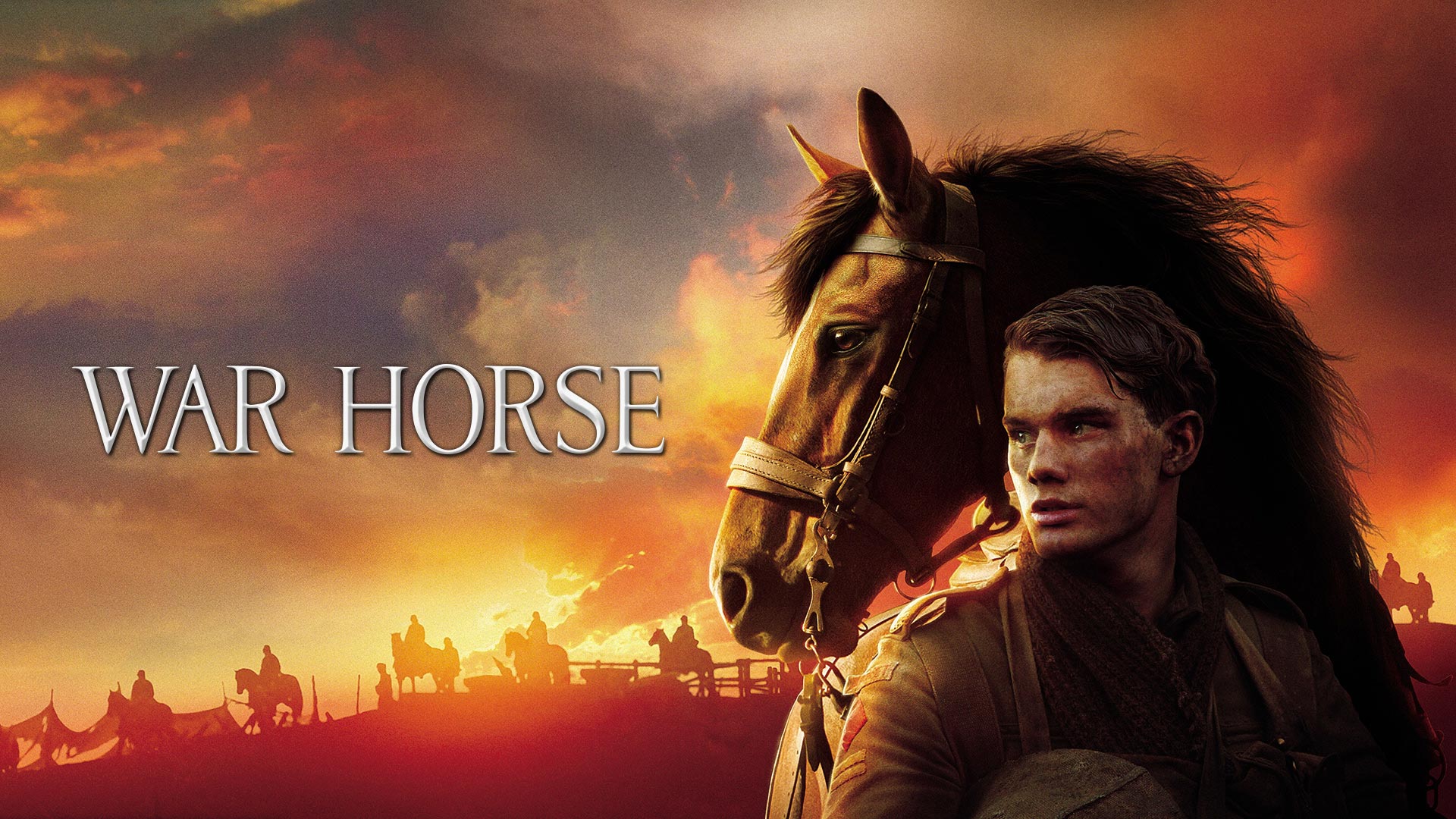
War Horse (2011), directed by Steven Spielberg, is an epic war drama based on both the 1982 novel by Michael Morpurgo and the stage adaptation. The story is set during World War I and follows a horse named Joey and his journey through the war, as well as the various people whose lives he touches, including a young boy named Albert (played by Jeremy Irvine), who raises him.
Review
Pros:
- Direction and Cinematography: Spielberg’s masterful direction is evident throughout War Horse. The film’s sweeping landscapes, dramatic battle sequences, and beautifully lit scenes evoke the grandeur of classic war epics. Cinematographer Janusz Kamiński captures both the horrors of war and the serene beauty of the English countryside, offering a visually striking contrast.
- Emotional Depth: The heart of the film is the emotional bond between Albert and Joey. Spielberg effectively uses this relationship to create moments of hope, heartbreak, and inspiration. The film’s themes of loyalty, courage, and friendship resonate deeply, making it an emotionally powerful experience.
- Practical Effects and Realistic Portrayal of War: Rather than relying heavily on CGI, the film uses practical effects, especially in its portrayal of the war-torn landscapes and the use of horses. This grounded approach enhances the authenticity and emotional weight of the battle scenes.
- Score by John Williams: The film’s score, composed by the legendary John Williams, is a major highlight. It accentuates the film’s emotional moments and epic scale with a beautifully crafted soundtrack that enhances the story’s resonance.
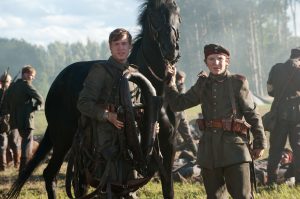
- Ensemble Cast: Although the film centers around Joey, the human characters add richness to the narrative. From Albert to the soldiers and civilians Joey encounters, each character reflects a different aspect of the war’s impact. Notable performances include Tom Hiddleston, Benedict Cumberbatch, and Emily Watson.
Cons:
- Sentimentality: While the emotional depth of the film is one of its strengths, some critics felt that it veered into sentimentality at times. Spielberg’s direction can occasionally feel overly sentimental, especially in scenes designed to tug at the heartstrings.
- Pacing: The film’s episodic structure, as Joey moves from one owner to another, can feel uneven. Certain segments of the story may feel slower or less engaging compared to the more intense battle sequences, which could affect the overall pacing for some viewers.
- Simplified View of War: While the film touches on the brutality and tragedy of World War I, it maintains a family-friendly tone, which may simplify or soften the realities of war. Some viewers might find the portrayal of war less intense or graphic than they would expect from a film set in this period.
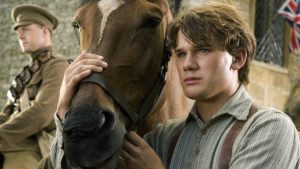
Conclusion:
War Horse is a visually stunning and emotionally moving film that tells a unique story of World War I from the perspective of a horse. Spielberg’s direction, coupled with John Williams’ beautiful score and the heartfelt performances from the cast, make it a memorable experience. While it leans into sentimentality and may not offer the most complex portrayal of war, its focus on hope and the bond between humans and animals gives it a universal appeal.




